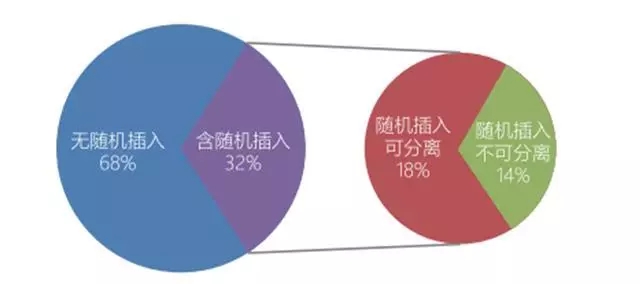CRISPR (clustered, regularly interspaced, short palindromic repeats) is a defense mechanism for degrading invasive viral DNA and other exogenous DNA. The CRISPR/Cas9 system from Streptococcus pyogenes is currently the most commonly used one.
The CRISPR/Cas9 technology has been successfully used in bacteria, yeast, plants, fish, and mammals, and is the most efficient genome-editing technique.
The homologous recombination (HR) efficiency between exogenous DNA and its target genome is typically very low using the standard CRISPR/Cas9 service technology. Biocytogen has developed the innovative Extreme Genome Editing (EGE™) system, which has a 10–20 fold higher HR efficiency than standard CRISPR/Cas9 alone. EGE™ technology allows precise editing of DNA sequences at virtually any site in the genome, making it ideal for generating various types of genetically engineered mouse/rat models.
Advantages

Service Flow:
Strict Quality Control:
Southern blot to screen out random insertions
Statistical analysis shows that random insertions (from the targeting vector) occur in 32% of CRISPR/Cas9-based EGE™ projects. Of these animal models containing insertions, 14% cannot be removed even by breeding. Southern blot analysis is the gold standard to test for random insertions. Biocytogen recommends Southern blot analysis to ensure that there are no random insertions in our gene-edited animal models.







 +86-10-56967680
+86-10-56967680 info@bbctg.com.cn
info@bbctg.com.cn